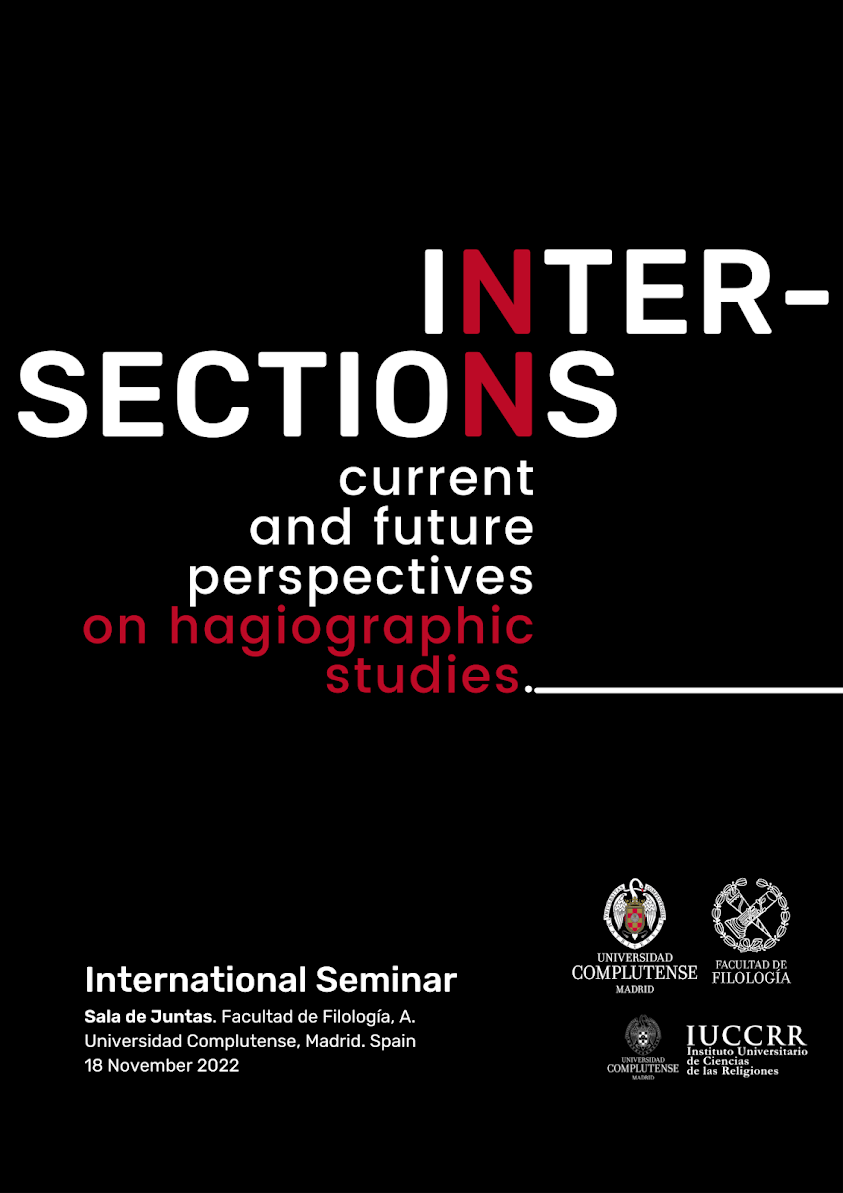Roland Betancourt ( University of California, Irving. USA) Professor of Art History, Chancellor's Fellow, 2019-2022. Profile . Virginia Burrus (Syracuse University, USA) Bishop W. Earl Ledden Professor. Department of Religion. Profile . Bianca Frohne (Christian-Albrechts Universität zu Kiel, Germany) Historisches Seminar, Mittelalterliche Geschichte. Profile . Blake Gutt (University of Pittsburgh, USA) Assistant Professor, Romance languages and literatures. Profile . Jenni Kuuliala (Tampere University, Finland) Senior Research Fellow, Centre of Excellence in the History of Experiences (HEX). Faculty of Social Sciences. Profile . Massimo Rondolino (Carroll University, USA) Associate Dean for the College of Arts and Sciences. Profile . Enrique Santos Marinas (Complutense University, Spain) Professor of Slavic Philology, Department of German and Slavic Philology. Profile . Isabel Velázquez Soriano (Complutense University, Spain) Professor. Chair of Latin Philology. Director of th...
